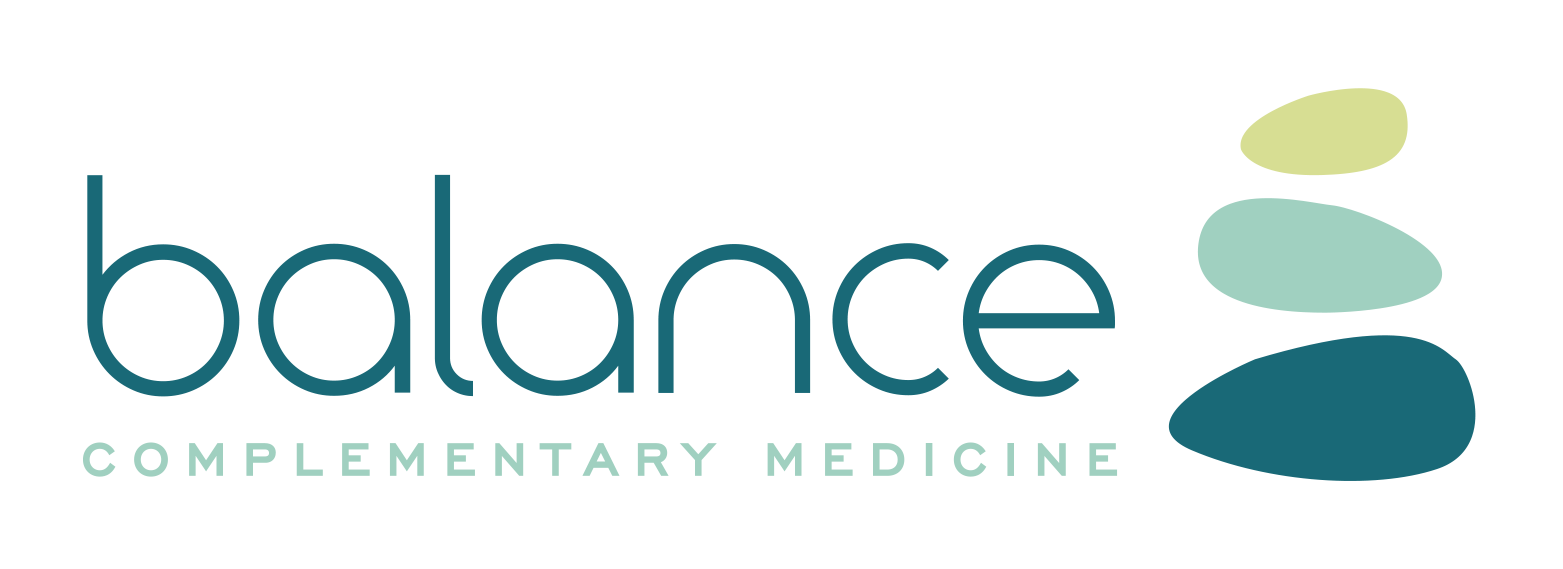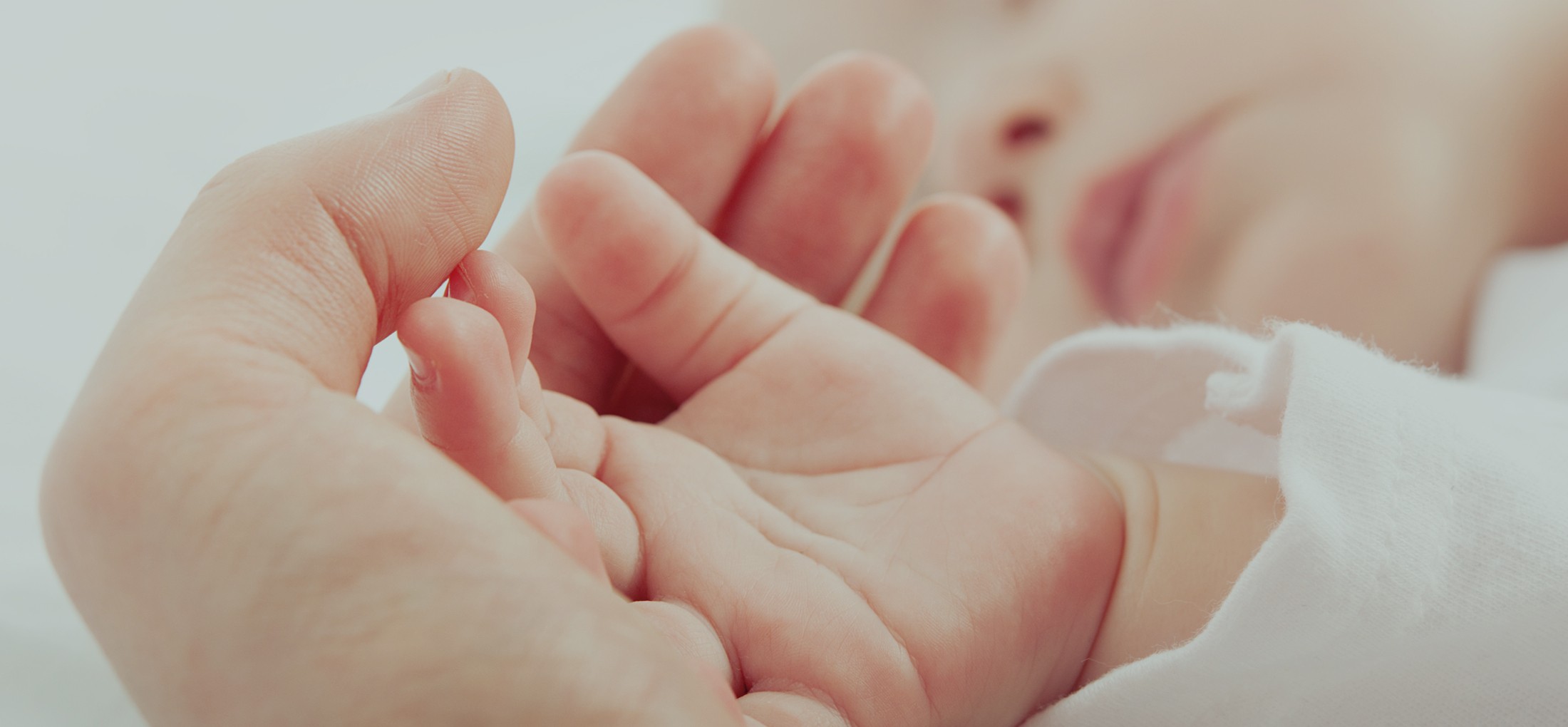Infertility challenges affect many Australian couples, with around one in six experiencing conceiving difficulties. The emotional and physical toll of infertility can be profound, prompting many to seek alternative therapies.
Traditional Chinese Medicine (TCM) and acupuncture for fertility in Australia have gained popularity for this holistic health approach. TCM encompasses a range of practices, like herbal medicine, acupuncture, and dietary therapy, aimed at restoring balance and promoting well-being.
This blog aims to explore the relationship between acupuncture, a key component of TCM, and fertility, examining how this ancient practice may offer support to those facing infertility issues.
Understanding Traditional Chinese Medicine and Acupuncture
-
What is Traditional Chinese Medicine (TCM)?
Traditional Chinese Medicine (TCM) is an ancient health and wellness system practised in China for thousands of years. It encompasses various therapies to restore harmony and balance within the body.
-
Key Principles of TCM
The key principles of TCM revolve around the concepts of Yin and Yang, the Five elements (Wood, Fire, Earth, Metal, and Water), and the flow of Qi (vital energy) through the body’s meridians. Maintaining the balance of these elements and ensuring the smooth flow of Qi is essential for health and well-being.
-
How Acupuncture Fits into TCM
Acupuncture involves inserting fine needles into specific points on the body to stimulate the flow of Qi and restore balance. These points are located along the body’s meridians, pathways through which Qi circulates. By targeting these points, acupuncture aims to help improve the symptoms various ailments, reduce pain, and enhance overall health, including improving fertility and reproductive health.
The Role of Acupuncture in Fertility
Acupuncture works by stimulating specific points on the body, influencing the flow of Qi through meridians. Modern theories suggest that acupuncture may regulate the nervous system, release endorphins, and may influence hormonal balance, contributing to improved reproductive health.
- SP6 (Spleen 6) is a vital point located on the lower leg that may regulate the menstrual cycle.
- CV4 (Conception Vessel 4), located on the lower abdomen, is traditionally used to support reproductive organ health and improves overall vitality.
- ST29 (Stomach 29), on the lower abdomen, may help increase blood flow to the uterus and ovaries.
Benefits of Acupuncture for Fertility
- Regulating Menstrual Cycles: TraditionallyAcupuncture has been used to regulate irregular menstrual cycles, creating a predictable ovulation schedule.
- Enhancing Blood Flow to Reproductive Organs:Acupuncture may promote increased blood circulation to the uterus and ovaries, providing a better environment for conception.
- Reducing Stress and Anxiety: Acupuncture may create a more favourable environment for fertility by promoting relaxation and improving the bodies stress response.
Scientific Evidence and Studies
There are several studies showing acupuncture can help. A notable study published in the British Medical Journal found that women who received acupuncture alongside IVF had a higher success rate of pregnancy compared to those who did not. Another study in fertility and sterility showed increased blood flow and improved function following acupuncture treatments.
Success rates from various clinical trials underscore acupuncture’s benefits. For instance, a meta-analysis of randomised controlled trials reported that acupuncture increased pregnancy rates among women undergoing IVF.
Fertility specialists endorse acupuncture as a complementary therapy that reduces stress and promotes well-being. Testimonials from patients highlight improvements in menstrual cycles and reduced symptoms of polycystic ovary syndrome (PCOS), contributing to better fertility outcomes.
Acupuncture for IVF and Assisted Reproductive Technologies (ART)
Acupuncture may enhances IVF treatment by improving blood flow, reducing stress, and balancing energy levels. These effects may create a more receptive environment for overall reproductive health.
Patients undergo acupuncture treatments weekly leading up to the IVF cycle, with sessions scheduled before and after embryo transfer. This protocol optimises the conditions for successful implantation.
Success stories from patients describe how acupuncture has helped them feel more relaxed and supported throughout the process, leading to successful outcomes.
Summary
Traditional Chinese medicine and acupuncture offer promising benefits for those seeking to enhance their fertility. Acupuncture may improve blood flow, balance bodily functions, and reduce stress, all of which are crucial for reproductive health. Chinese medicine can also support a healthy pregnancy and address various related issues. To dispel myths, note that acupuncture is painless and beneficial for both men and women. Exploring acupuncture as a complementary treatment for fertility may be a valuable addition to your health journey.
Holistic Fertility Support at BalanceMed
BalanceMed offers holistic fertility support in Melbourne for individuals and couples on their parenthood journey. The clinic integrates various holistic approaches, including naturopathy, to enhance fertility and overall reproductive health.
Naturopathy at BalanceMed focuses on natural fertility treatments in Australia and lifestyle modifications to optimise hormonal balance, improve reproductive function, and address underlying health issues. Personalised naturopathic plans include dietary guidance, herbal medicine, and stress management techniques.
IVF support services at Balance Complementary Medicine are designed to complement medical treatments. These services include acupuncture and IVF treatments support, nutritional counselling, and mind-body therapies.
If you’re ready to take the next step, call BalanceMed at (03) 9585 6635 for personalised fertility support. Our experienced practitioners specialise in complementary medicine and are dedicated to helping you achieve your fertility goals.
FAQs About Acupuncture and Fertility
- Does traditional Chinese medicine work for fertility?Yes, traditional Chinese medicine for infertility can work by addressing underlying imbalances in the body. To enhance reproductive health, TCM combines acupuncture, herbal remedies, and lifestyle changes.
- Does acupuncture really help with fertility?
Acupuncture can help with fertility by improving blood flow to reproductive organs, balancing the body, and reducing stress. Many studies and patient experiences suggest it can enhance the effectiveness of other fertility treatments. - What are the benefits of traditional Chinese acupuncture?The benefits of traditional Chinese acupuncture include stress reduction, improved blood circulation, hormonal balance, and enhanced overall well-being. These effects may influence fertility and reproductive health.
- Can Chinese medicine help with pregnancy?Yes, Chinese medicine can support a healthy pregnancy by maintaining balance, reducing stress, and addressing pregnancy-related issues like morning sickness and fatigue.



